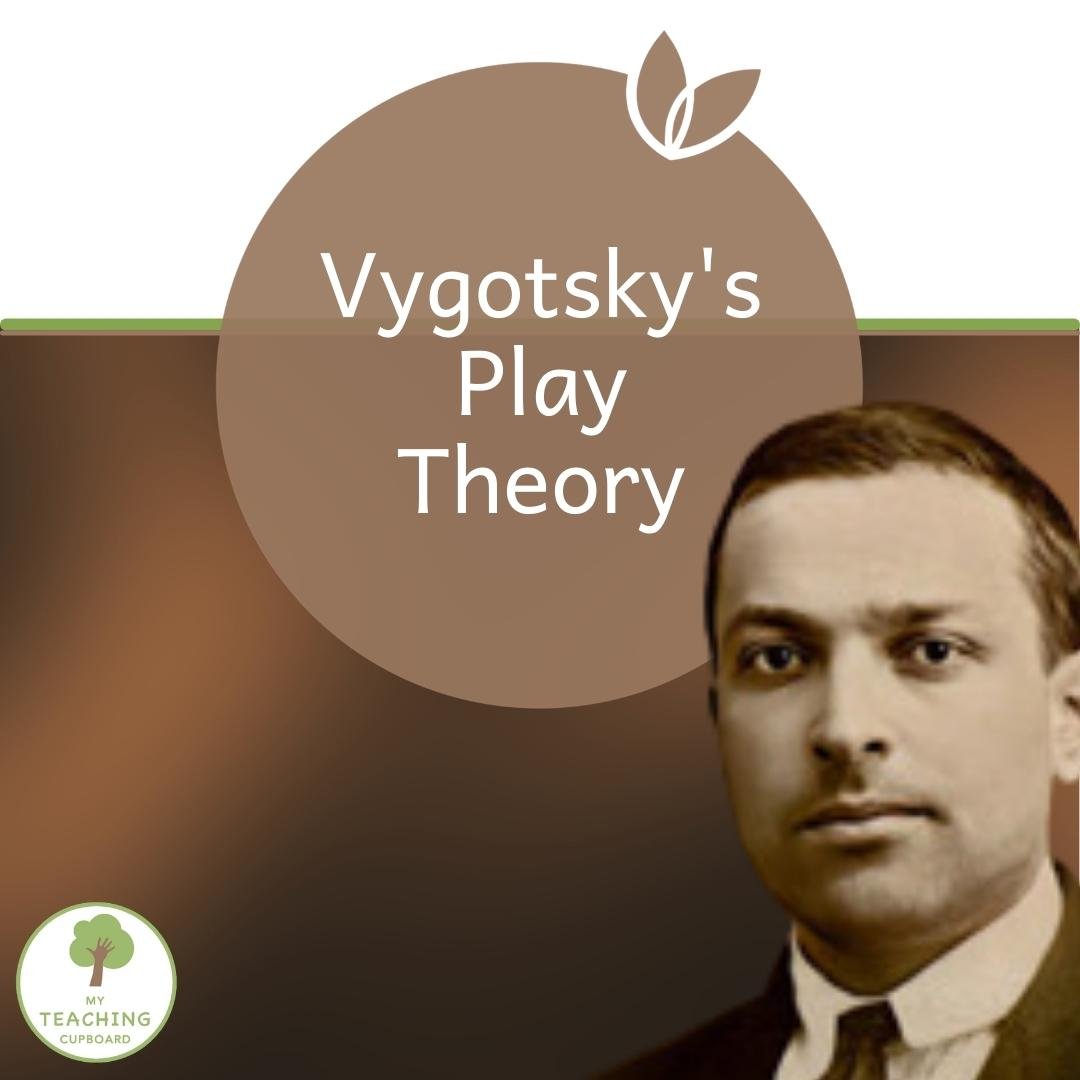
Private Speech: A Window into Cognitive Regulation
Vygotsky observed that during play or while tackling problem-solving tasks, children often engage in what he termed private speech.
This phenomenon, where children talk to themselves, is a vital cognitive process that helps them regulate their thoughts and actions.
In play-based learning environments, recognising and encouraging this thinking aloud is crucial. It supports children’s ability to self-regulate and guides them through the steps of a task or helps them articulate their thoughts and emotions.
The Interplay of Language and Thought
Vygotsky’s sociocultural theory suggests that intellectual development cannot be separated from the social context—it’s a product of our interactions. This perspective shifts the focus from language as merely a means of expression to a foundational element of thought development.
According to Vygotsky, language and thought are deeply intertwined, each continuously shaping and influencing the other.
Through imaginative play and social interactions, children develop their oral language, social skills, and communication skills.
According to Vygotsky, they also refine their ability to grasp abstract concepts. These interactions are where language becomes both a cultural tool and a cognitive one. Language development is about constructing the mental frameworks necessary for complex thought.
The Evolution from External to Internal Speech
Vygotsky contrasts the path of language development with Piaget’s concept of egocentric speech, suggesting there’s a more dynamic role for what might appear as self-directed talk.
Initially, children vocalise their thought processes aloud (external speech), not so much for the benefit of others but as a means of organising their own thoughts. This external speech eventually becomes internalised as private speech.
Language evolves within a child from something used primarily for communication with others to a tool for personal thought and reasoning.
Here’s the breakdown:
-
External to Internal Speech: Initially, children vocalise their thoughts aloud. This external speech is directed towards others as a social process. Over time, as children develop, this outward speech turns inward, becoming internal speech or thought.
This transition is crucial because it marks the point where language starts to serve a dual purpose. It remains a means of communication but also becomes a key instrument for thinking and problem-solving on an individual level.
-
Private Speech as a Bridge: Before this transition is complete, there’s a stage where children engage in what is called private speech.
This is when they talk to themselves out loud, not necessarily to communicate with others, but as a way to organise their thoughts and work through problems.
This phase acts as a bridge between external social speech and internal cognitive speech. It reflects the child’s growing ability to use language not just for social interaction but for individual cognitive processes like planning, reasoning, and reflecting.
-
Significance of the Shift: The shift from external to internal speech and the role of private speech in this transition is significant for a couple of reasons.
Firstly, it indicates a developmental milestone in how children use language. It shows they’re beginning to internalise their thought processes, using language as a tool for private thinking.
Secondly, and perhaps more importantly, it signifies a change in how children think. As language becomes internalised, it allows for more complex thought processes. Children start to think in words, and this internal dialogue helps them navigate the world more effectively.
This transition highlights the deepening relationship between language and thought in cognitive development and shows how language evolves from a means of external communication to a vital component of our internal thought processes.
Vygotsky’s theories on language development emphasise the profound impact of social interaction and cultural context on cognitive growth.
Language isn’t just a tool for communication. it is essential for cognitive development, allowing younger children to navigate and understand their world.
This has implications in play-based learning. We must ensure our pedagogy and our learning environment value and provide opportunities for social interaction and collaborative learning.
Private speech can significantly enhance children’s learning experiences by providing them with the cognitive tools they need in the real world.
Importance of Socio-Cultural Context in Learning
Vygotsky’s theory extends beyond social interactions to include the profound impact of culture on a child’s development.
He suggests that a child’s cognitive development is significantly influenced by their cultural environment.
